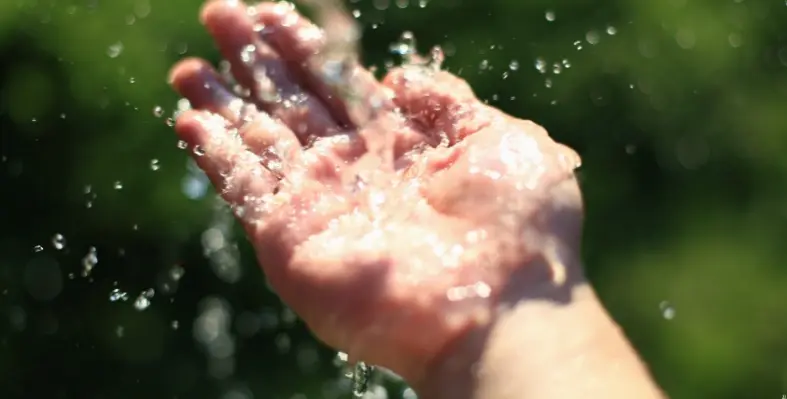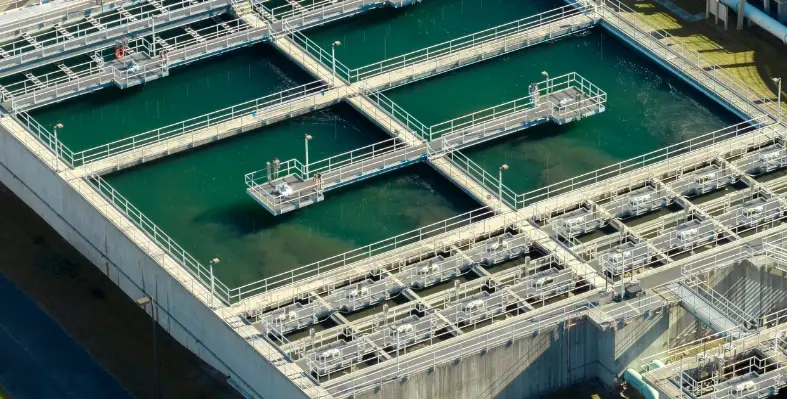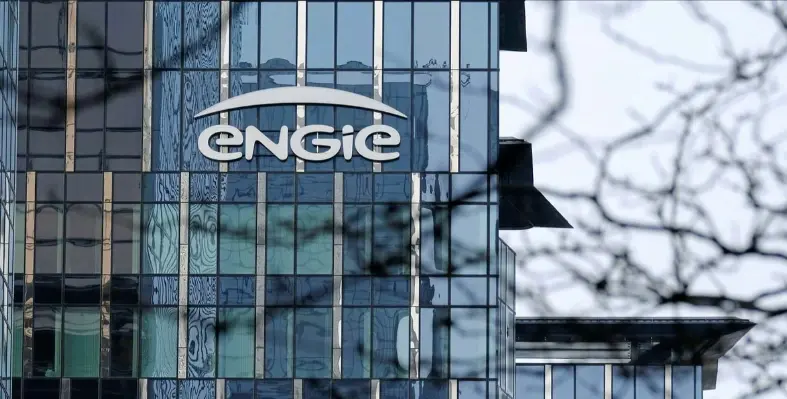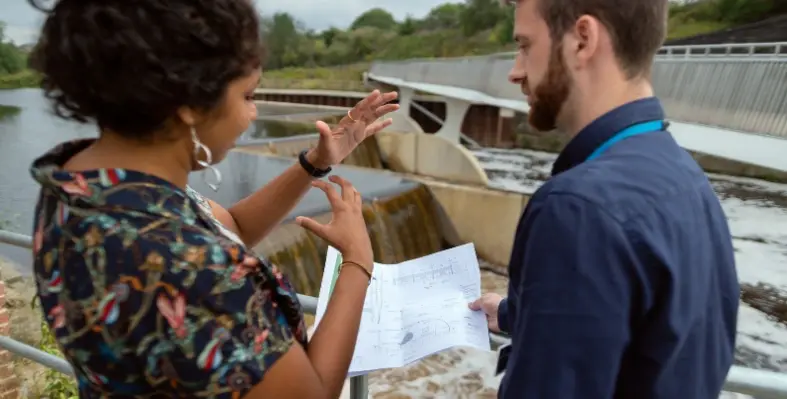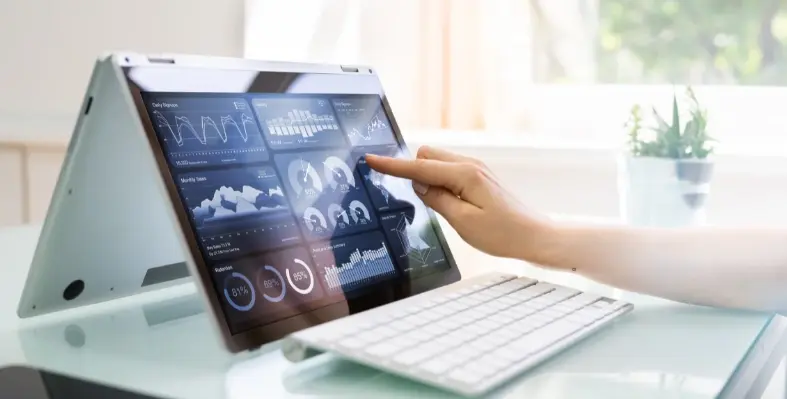In celebration of World Water Day 2025, the Saudi Water Authority (SWA) launched 'Magic of Water', a documentary showcasing the Kingdom’s transformation from one of the most water-scarce nations to the world’s largest producer of desalinated water.
The film celebrated the visionaries, scientists, and communities who contributed to overcoming the country’s water challenges, demonstrating how determination and ingenuity could drive global solutions.
Saudi Arabia’s journey in water security and sustainability has marked a significant shift from its arid landscape to becoming a global leader in desalination and environmental stewardship. Through strategic investments, cutting-edge technology, and bold policymaking, the Kingdom has secured its water supply while setting new international benchmarks in water management and conservation.
SWA oversees the production of over 15 million cubic metres of water daily, managed through both public and private sector partnerships.
A state-of-the-art transmission network spanning more than 14,000 km delivers water across diverse terrains in collaboration with the Water Transmission Company (WTCO) and private sector partners.
Further distribution extends through a 135,000 km network, reaching cities and rural communities nationwide. Wastewater collection and treatment, managed by the National Water Company (NWC), ensures sustainable reuse in agriculture, industry, and mining.
The role of advanced technology
Technological advancements also played a crucial role in this transformation.
Saudi Arabia has integrated AI-powered desalination plants to enhance operational efficiency, developed eco-friendly water transport systems to reduce environmental impact, and pioneered anti-corrosion solutions derived from palm trees to extend infrastructure longevity.
These innovations position the Kingdom as a hub for global water technology while reinforcing its commitment to sustainability and climate resilience.
Aligned with the Saudi Green Initiative, SWA’s efforts led to a reduction of 37 million tons of carbon emissions annually since 2019, demonstrating its leadership in green technologies. With a 65% local content ratio in desalination projects, the Kingdom stimulated economic growth, created high-skilled jobs, and reinforced its status as a global water technology hub.
“Securing water is securing the future,” said H.E. Eng. Abdullah bin Ibrahim Al-Abdulkarim, president of the Saudi Water Authority (SWA). “At SWA, we are not only building the world’s most advanced water infrastructure but also redefining how nations approach water security. Our accomplishments in desalination, sustainability, and efficiency are not just for Saudi Arabia—they serve as a model for the world.”
Saudi Arabia also expanded its leadership beyond its borders by fostering international cooperation in water security. The Kingdom is prepared to host the World Water Forum in 2027, establishing the Global Water Organisation to drive international collaboration, and launched a US$10mn Global Prize for Innovation in Water to inspire breakthroughs in water technology.
Also read: ENGIE divests power and desalination assets in Kuwait and Bahrain to ACWA Power






